The above information was shared by Mr. Phan Dang Tuat, Chairman of the Association of Supporting Industries at the conference to summarize the work in 2023 and deploy tasks in 2024 of the Industry and Trade sector on the morning of December 20.
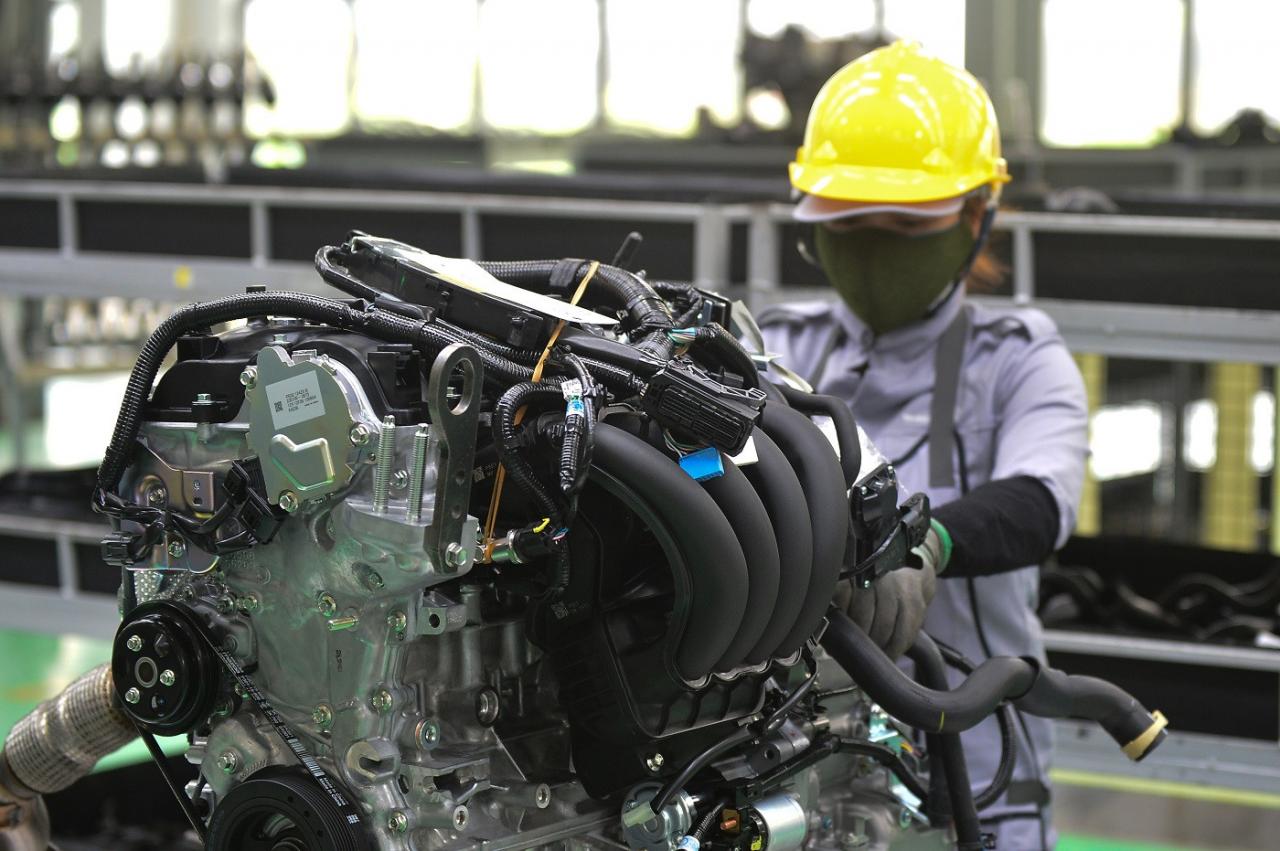
According to Mr. Tuat, the supporting industry has about 1,500 enterprises, mainly operating in the fields of mechanics, electricity and electronics, plastics, rubber and chemicals... but last year the health of enterprises "declined quite seriously". Specifically, the average revenue of supporting industry enterprises decreased by up to 40%, and the situation of losing orders from many markets, especially in Europe, occurred.
In addition, the leaders of the Supporting Industry Association are concerned about the wave of Chinese supporting industries entering Vietnam on a very large scale and very quickly. This will lead to a system of subsidiaries, forming a production chain of detail clusters for export to Europe and North America, avoiding technical barriers and tariff barriers.
Meanwhile, Vietnamese supporting industry enterprises are lacking and weaker than foreign enterprises. One of the reasons is that enterprises have to borrow capital at an interest rate of 10-12% while Korean and other foreign enterprises borrow capital at only 2% interest.
Emphasizing participation in the global supply chain, Mr. Tuat stated that Vietnamese enterprises must be able to manufacture clusters of parts, instead of individual parts. Because if they can only produce one spring, it cannot be considered participating in the global supply chain.
Speaking at the conference, Minister of Industry and Trade Nguyen Hong Dien directed to focus on developing fundamental, important industries and supporting industries; at the same time, prioritizing the development of a number of key industries, new technologies, and high technologies (such as semiconductor chip manufacturing, mineral exploitation and processing) to become a new driving force for the development of the industry.
Regarding trade, Mr. Dien said: The trade balance achieved a record trade surplus for the 8th consecutive year (nearly 30 billion USD), nearly 3 times higher than the previous year.
The Minister of Industry and Trade said that he will continue to promote international economic integration; proactively advise on exploiting opportunities from foreign relations with major countries to anticipate the wave of investment shifting in key industries to third countries by multinational corporations to prevent supply chain disruption, especially in areas where our country has demand and advantages. Specifically: Electronics industry, digital infrastructure, logistics infrastructure, clean energy, new materials industry, chips and semiconductors...
In addition, continue to promote the role of the system of Vietnamese Trade Offices abroad in supporting localities and enterprises to effectively exploit the Free Trade Agreements of which Vietnam is a member to diversify markets, supply chains and boost exports. Actively advise on negotiations, sign new and upgrade Free Trade Agreements with potential partners in Africa, South Asia, West Asia and South America, etc., creating momentum to strengthen trade and investment cooperation; at the same time, increase support for enterprises to strongly shift to official exports associated with brand building, promoting sustainable exports.
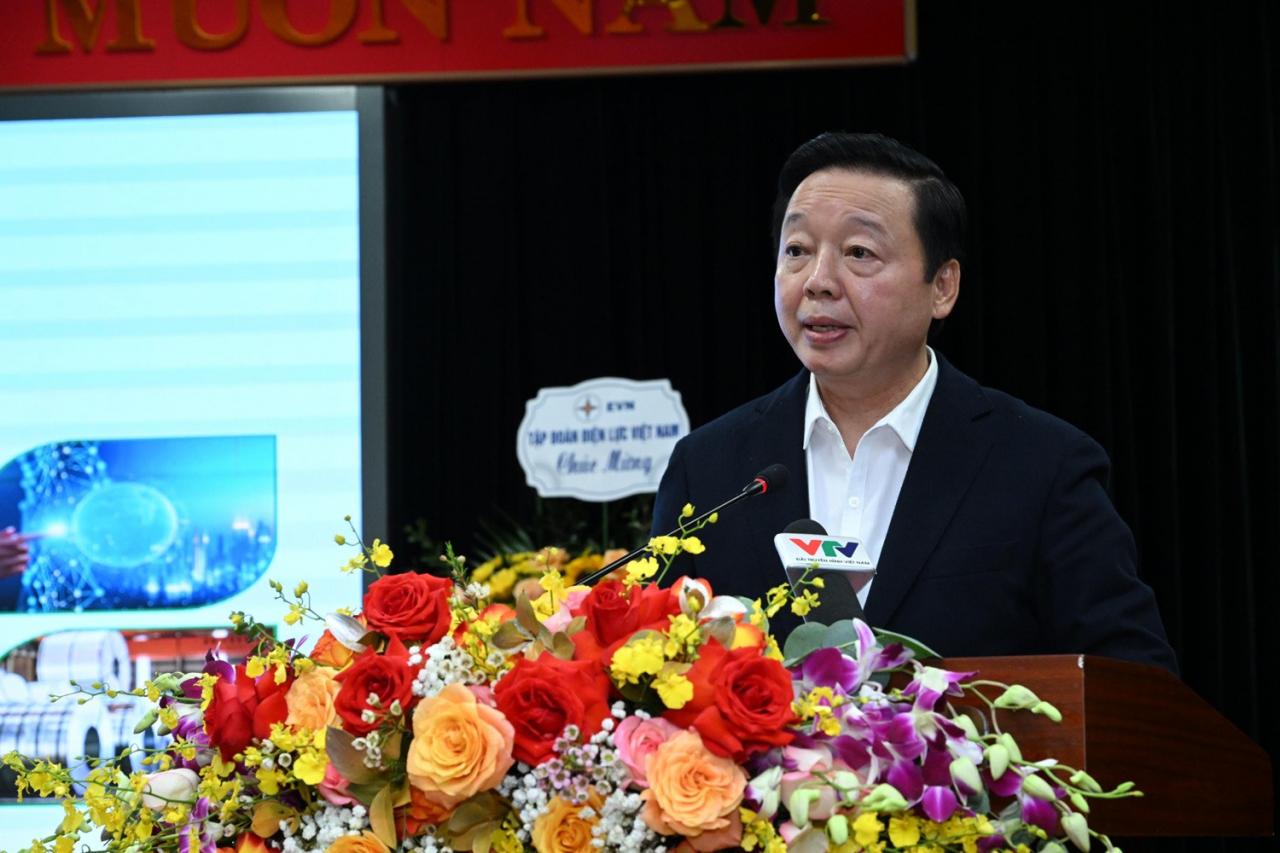
Speaking at the conference, Deputy Prime Minister Tran Hong Ha said that industrial and commercial production had gone through a turbulent year in 2023. If in January 2023, industrial production had decreased sharply (down 14.6% compared to the previous month and down 8% compared to the same period last year), occurring widely, especially in localities that contributed large revenues, it gradually recovered in the last months of the year.
But overall, industrial production has not met expectations. The Deputy Prime Minister is concerned about the decline in industrial production index, especially the manufacturing industry. "The manufacturing industry is the foundation for other industries, but there are sectors that have fallen quite deeply, by 43%, such as electronics."
According to Deputy Prime Minister Tran Hong Ha, export depends on FDI too clearly, but it has not been assessed how much of FDI is technology transfer. The industry and trade sector needs to consider and give opinions on choosing sectors to attract FDI. If FDI is to be attracted to the semiconductor industry, how can we grasp the technology in the chain to have more added value, not just processing like in footwear and garment production?
"These are big issues. We must develop a strategy to attract FDI and build Vietnam's strategic industry. We may be behind, but with clever policies we will be able to move forward," said the Deputy Prime Minister.
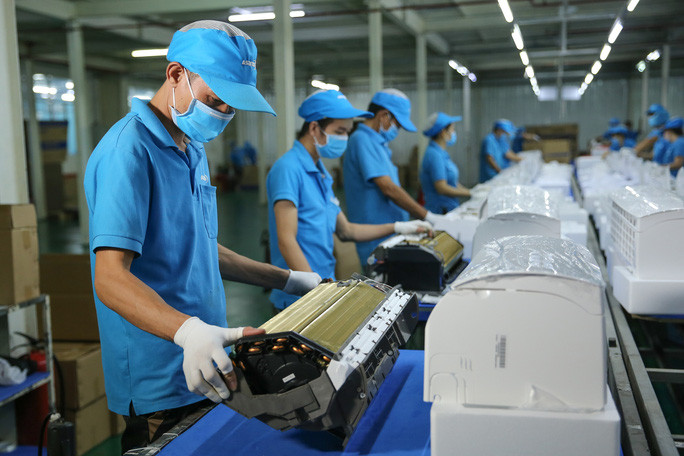
Source



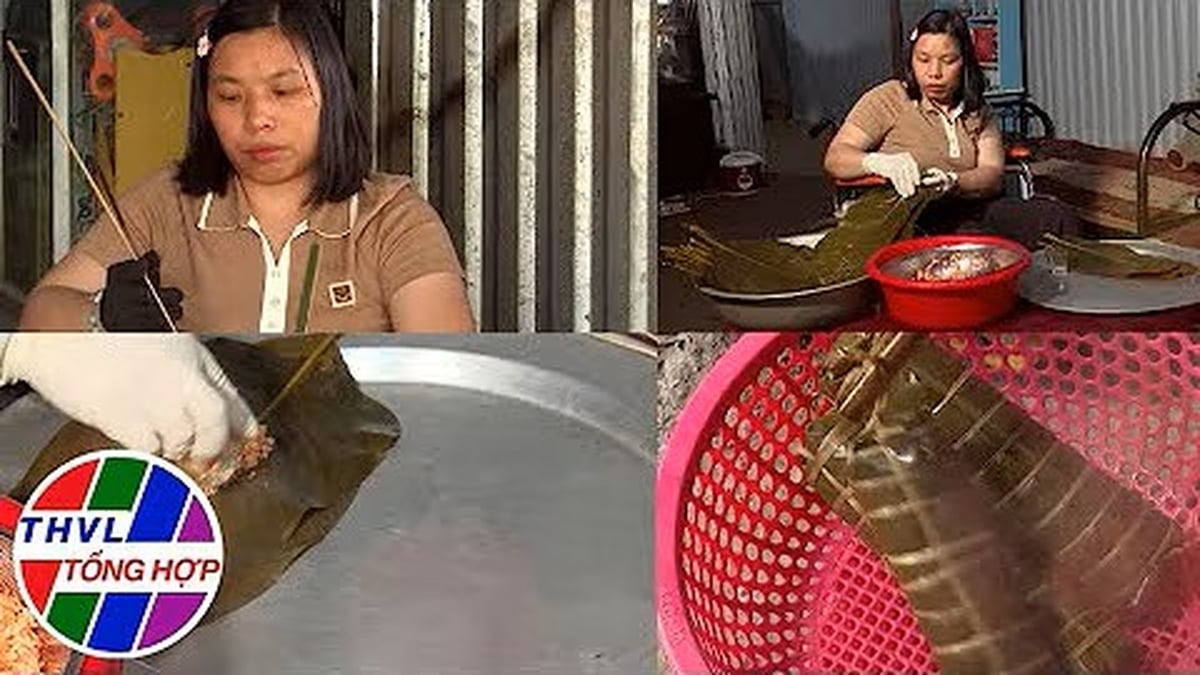
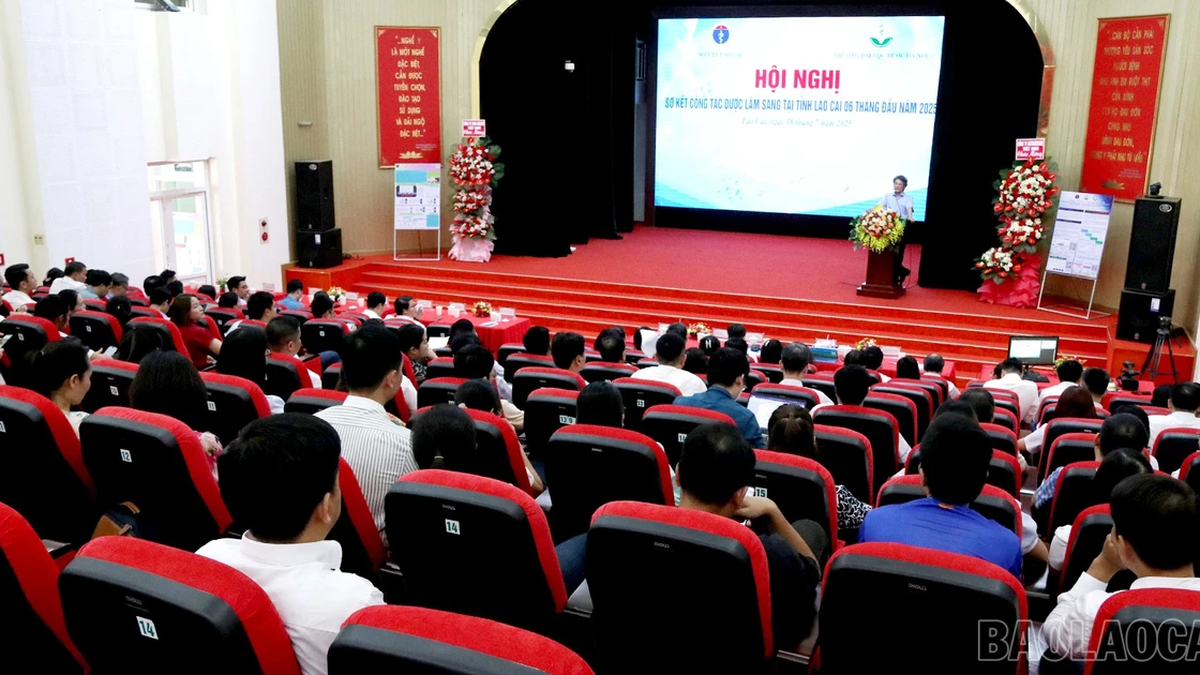


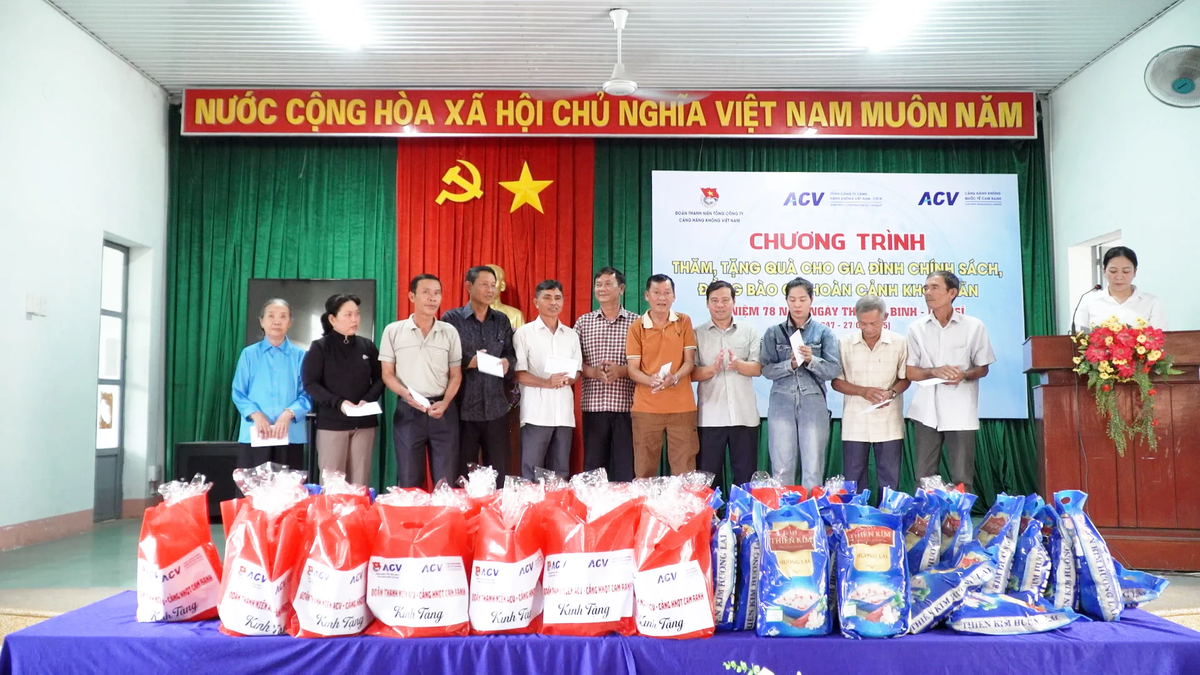
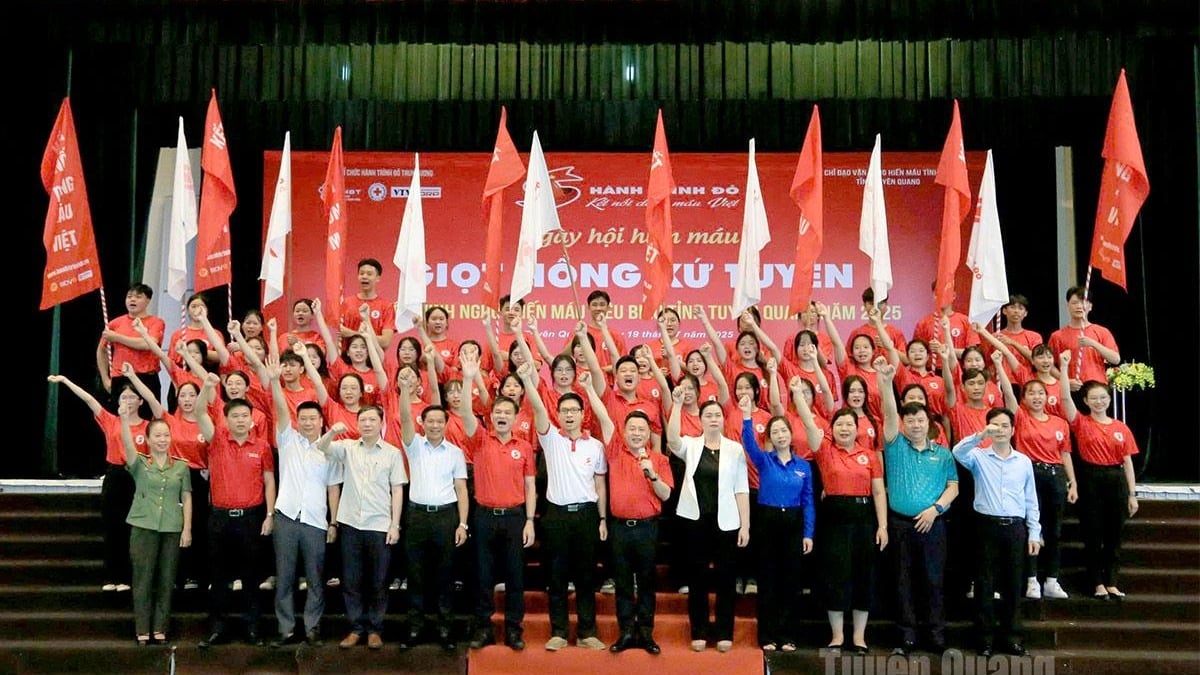
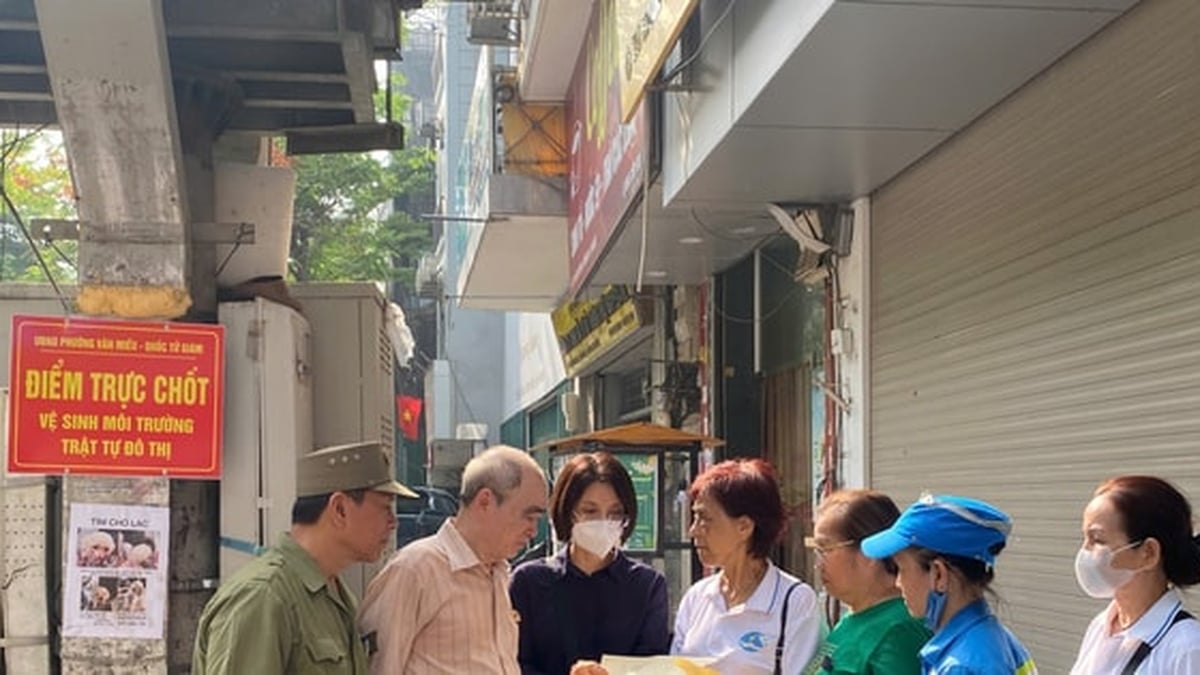

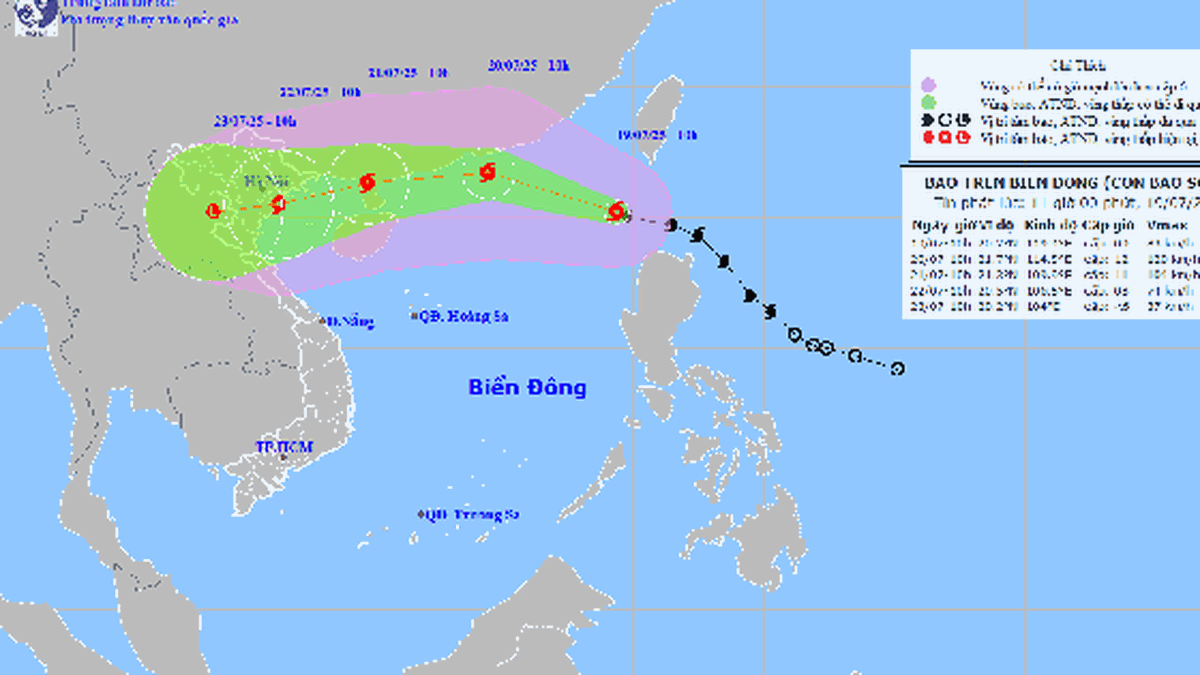























































































Comment (0)